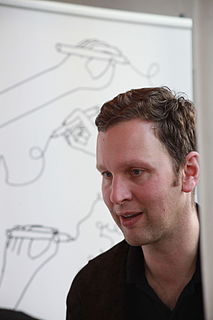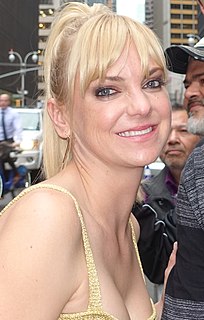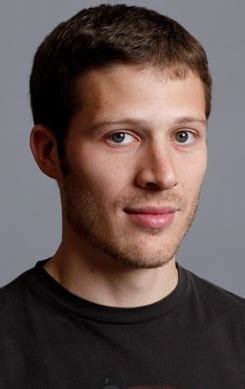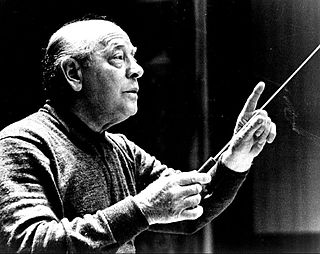A Quote by Wes Anderson
I have a way of filming things and staging them and designing sets. There were times when I thought I should change my approach, but in fact, this is what I like to do. It's sort of like my handwriting as a movie director. And somewhere along the way, I think I've made the decision: I'm going to write in my own handwriting.
Related Quotes
Format is just the language. Content is the only thing that is important. Form is like handwriting. Whether you write in a scribble or clean handwriting or type it, the content remains the same. You want to write in clean hand, in a kind of a clear format only because it is aesthetically pleasing. I can scribble, that's also fine.
Sometimes you think, "Oh man, this is going to be a fantastic movie," and then when you see it put together, you're like, "Oh, huh. Well, that didn't turn out quite the way I thought." Sometimes you think you're part of a project and it isn't that great, and then it sort of becomes a pleasant surprise. But I think there's just too many elements that affect the tone of a movie, so I think even for a director, it may be hard to gauge that.
I definitely prefer real-life endings. But I do like having an ending. I hate when a movie just sort of ends and is so open-ended you feel like it wasn't finished. I appreciate leaving things up to the interpretation of the audience and letting them make decisions about where things will go in the future - but the director has to make a decision; otherwise it is sort of a cop-out.
I hate when a movie just sort of ends and is so open-ended you feel like it wasn't finished. I appreciate leaving things up to the interpretation of the audience and letting them make decisions about where things will go in the future - but the director has to make a decision; otherwise it is sort of a cop-out.





































